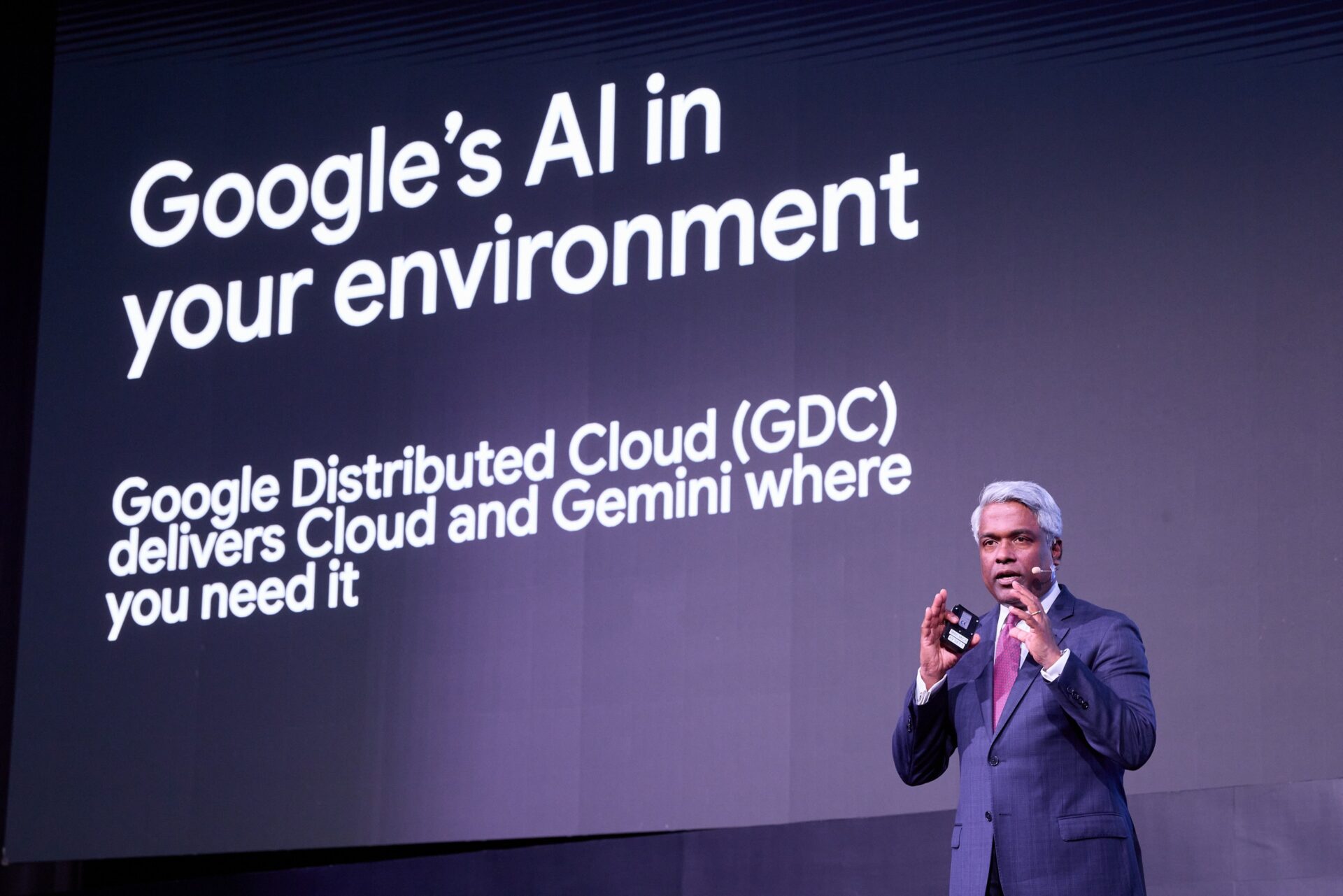Google Cloud inked a series of important AI deals in Singapore this week, including one of the world’s first offerings of its Gemini AI model on air-gapped systems disconnected from the Internet for security reasons.
A deal with the Singapore govenment, according to the cloud giant, will help the country’s public sector agencies develop and deploy agentic AI while keeping sensitive data within their on-premises data centres.
The move is significant because Google usually prefers to sell its public cloud services instead of turning to private data centres, even though it has been acceding to requests from big customers, notably governments, to keep their data within their own control of late.
Besides the air-gapped version, Google Cloud is also offering a “connected” version of its AI tools to the Singapore government that guarantees data residency both for data at rest and for machine learning processing.
The importance of this goes beyond Singapore because Google is trying to win over more cloud customers in Southeast Asia by bundling its AI tools as a big enabler for productivity and other improvements.

Along with the deals with Singapore’s government, Google said yesterday that its air-gapped AI offering is out globally, while a version that runs on the Google Distributed Cloud (on customers’ own data centres or the edge) is available for preview.
“Singapore is the launchpad for AI in Asia, and today we’re making Google’s most capable models and AI tools available here,” said Google Cloud chief executive officer Thomas Kurian.
“By bringing Gemini everywhere – in the public cloud with data residency guarantees, in on-premises or disconnected environments, and at the edge – we are unleashing a wave of innovation for both public sector organisations and businesses across industries,” he told an industry audience in Singapore yesterday.
It is telling that Google Cloud’s top two executives – Kurian and chief operating officer Francis deSouza – turned up in Singapore to front the initiatives and meet customers from Southeast Asia.
This comes amid growing talk of an AI bubble this year, as businesses that have invested in AI struggle to find the rewards that were promised.
Last week, the MIT revealed in a study that 95 per cent of businesses that tried integrating generative AI are failing. Only 5 per cent have gained meaningful revenue acceleration. This sparked a selloff by spooked investors on Wall Street.
Even Sam Altman, chief executive of OpenAI, Google’s AI rival and owner of ChatGPT, has acknowledged that investors are overexcited about AI right now.
Asked about a possible AI bubble at a media conference with Southeast Asian journalists this week, Google’s deSouza tried to paint a different picture.
Google’s own survey, he pointed out, shows a good return on investment in AI. The Internet giant says that 74 per cent of organisations are seeing ROI with generative AI, while 86 per cent of these organisations enjoy revenue growth from using the technology.
Turning to regional customers, deSouza referred to DBS’ bullish report on its AI use. The Singapore-based bank had earlier claimed to have earned S$750 million through AI.
Could these businesses be the outliers, then? What are others doing wrong to report that AI hasn’t brought about real impact?
AI doesn’t work as a one-size-fits-all solution, said deSouza, who added that some customers use the technology to improve customer service while others, like Google itself, accelerate the writing of software code.
Picking the right tool for the job is crucial, he argued, because doing so would ensure payback within less than a year, according to Google’s own findings.
The comment could resonate with what the MIT itself explained in its study – that the AI models themselves are fine but implementation is a lot harder than businesses have anticipated.
Generic tools like ChatGPT excel for individuals because of their flexibility, but they stall in enterprise use since they don’t learn from or adapt to workflows, the MIT report’s lead author, Aditya Challapally, told Fortune.
CLARIFICATION at 01/09/2025 1:03pm: We had earlier reported that Google Cloud’s air-gapped AI offering had been made available in Asia – the company clarified that it is available globally.






